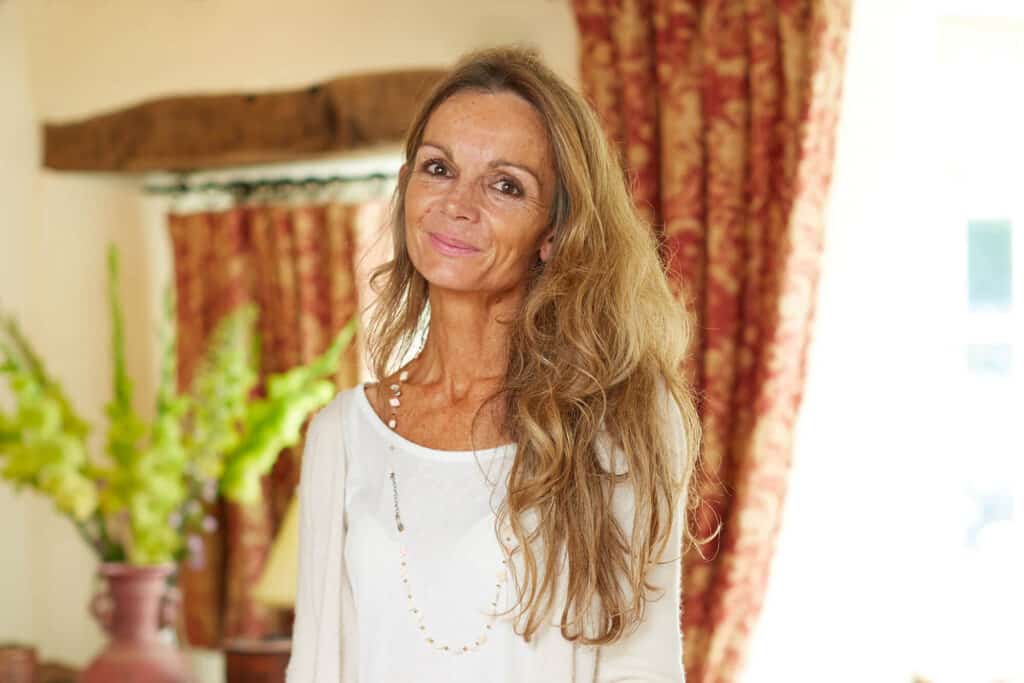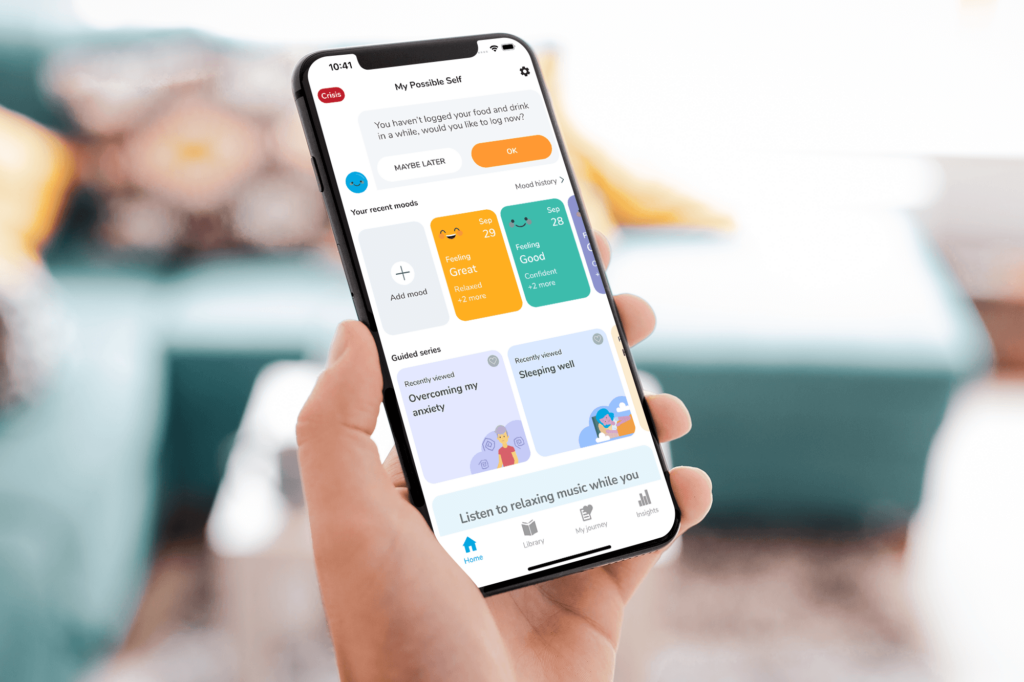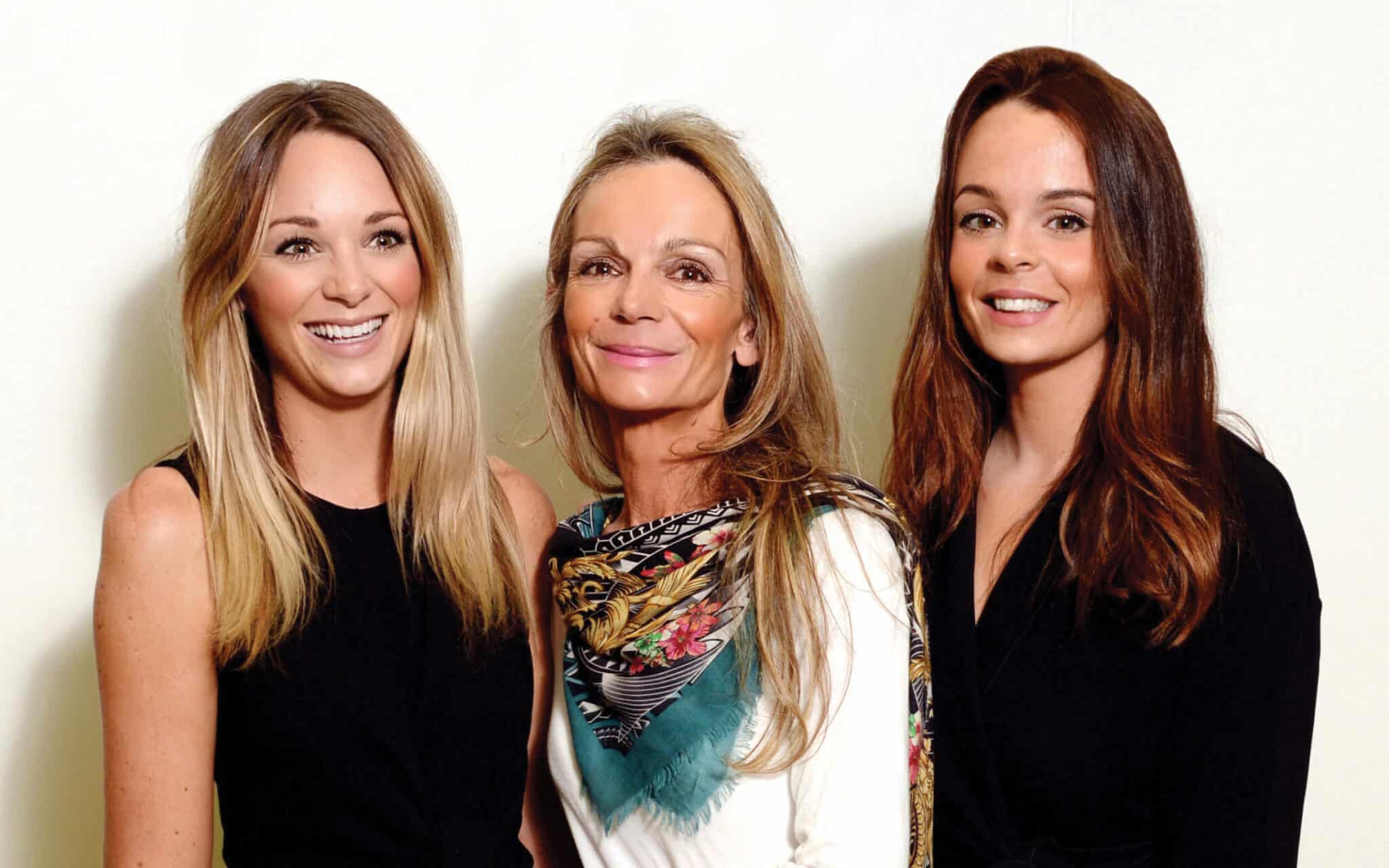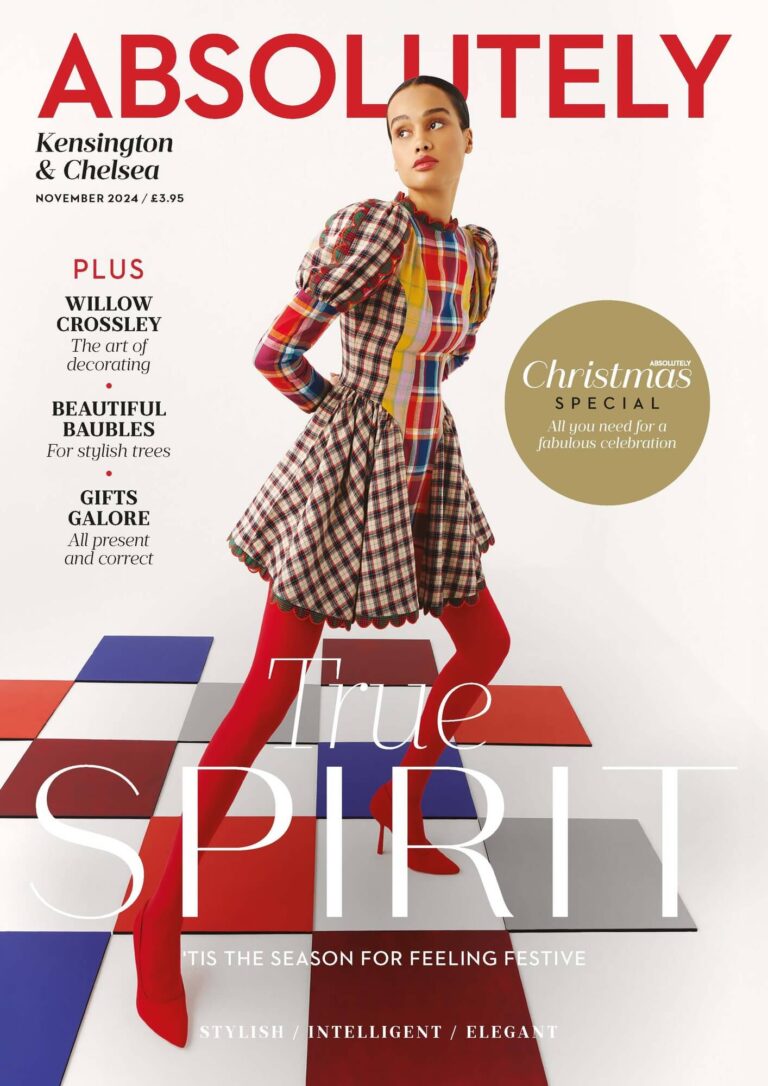Joanne Wilkinson, founder of free, leading global mental health app, My Possible Self, on her inspiration, changing perceptions and keeping it in the family
What originally inspired My Possible Self?
It was wanting to help others after experiencing personal struggles in my own life ultimately. The support of a therapist helped me overcome emotional challenges to transform my life, but it also made me realise support needed to be more accessible to all. My Possible Self has always been about democratising the advice and information I received to help others, and in doing so the app has garnered NHS support, as well as that of world leading independent mental health experts, Priory Healthcare.
From the off, what did you want to offer?
Put simply, the goal was to offer a range of health and wellbeing services to help anyone towards improved mental health. The app is hinged upon interactive tools and techniques using Cognitive Behavioural Therapy (CBT), so users are guided to manage their problems by breaking them down to become less overwhelming and more manageable, with problems categorised into five areas: situations, thoughts, emotions, physical feelings and actions.
This was back in 2009 – even in only 13 years, was our approach to mental health different then?
Most definitely. Back then, I would say mental health wasn’t taken all that seriously. There’s still a lot of work to be done today as we find ourselves in what is a mental health epidemic, exacerbated by the pandemic, but great strides have been made.
It’s great to see more and more high-profile figures speaking out in the public eye about their own personal mental health struggles in showing others that mental health is a serious thing, and also that support is out there. We must continue to raise awareness of mental health issues so that no one ever feels alone in struggling.

How have you evolved in the years since?
I think the biggest evolution has been the digitisation of our services and tools to the app format. I think accessibility is everything and it was a major landmark in our journey.
Alongside the app we’ve also launched a series of podcasts featuring conversations with world-leading mental health experts, thought leaders, influencers and ambassadors as well as an Instagram Live series. These have provided a great platform to reach people in discussing important mental health topics, and so as to reach people who can truly benefit from the tools and resources which feature within the My Possible Self app.
What did you offer during the various lockdowns we all had to endure?
We were delighted to be able to make the app completely free from March 2020. It was of course a really challenging time for many and so it was rewarding to be able to provide people with access to such a wide array of tools to promote happiness, wellbeing and to prevent day-to-day problems from holding users back.
We found our everyday ‘mood tracker’ to be really popular, as well as elements such as our guided series for helping people better understand what aspects of life are causing anxiety, and methods to help users reshape negative thoughts towards more positive ones from there.
The app is designed to track and monitor behaviour on an individual level too, and I think users were thankful for such personalised insights at an unpredictable time.
Did you have many people contacting you about the benefits they felt using My Possible Self?
Yes, we did. That’s the most rewarding part for me – knowing that what you are doing is truly making a difference to the lives of tens of thousands. We actually saw the number of users double from around 70,000, to more than 150,000 in just a year during the pandemic and many of our users now hail from all over the world.
When did your daughters join the business?
My daughters Hana and Fleur joined the business in 2016 and have been fundamental in helping us transform the My Possible Self to app to where we are today. I know they share the same joy as I do in knowing it is helping to transform the lives of others, and we’re excited to continue to provide more and more clinically backed tools and resources to
nurture the mental health of others.
How does it feel to have a family-run operation?
Working in mental health is something that I’m very passionate about, so to be able to share that passion with my two daughters is a dream working environment. I’m very close with both Hana and Fleur and would like to think that’s been a driving factor in helping us continue to build out our offering, supporting more and more people in the UK and further afield in the process.

Today, what kind of things can we access on the app?
As mentioned previously, the app provides a wide variety of interactive tools and techniques that use Cognitive Behavioural Therapy (CBT). So, you’ll be guided to manage your problems by breaking them down to become less overwhelming and more manageable, with problems categorised into five areas: situations, thoughts, emotions, physical feelings and actions.
You of course have the ‘mood tracker’ and a number of interactive guided series – we recently launched a brand-new men’s mental health series, followed by a series centred around dealing with grief and loss.
We understand how physical health goes hand-in-hand with mental health though too, so we’ve also recently introduced everything from workout and movement videos, to mindfulness and breathing exercises, recipes and so forth. It’s challenging users to think about their health and wellbeing more holistically.
And what can you tell us about the podcast side of things?
We are so excited to bring our app’s users and podcast listeners conversations around mental health with experts and thought leaders in their respective fields. We spend a lot of time looking into the areas where perhaps people are particularly struggling or where stigma remains of greatest prevalence and Gabby is brilliant as our podcast host.
To provide an example, the podcast we ran with Dr Hilary Jones discussed the impact of the pandemic on our mental health. Dr Hilary offered not only some amazing advice as to how we continue to navigate life through uncertainty, but also some wonderful words of comfort for anyone listening to hold onto and benefit from. All the topics are highly relatable and much like the app, the podcast is not just for those with a mental health illness. We hope through our offering to be able to continue helping anyone towards improved mental wellbeing.
Where would you like to take My Possible Self from here?
We want to continue to reach as many people as possible, put simply. To reiterate, the app and our wider offering is designed to support anyone regardless as to whether they would say they are struggling with mental health related issues or not.
It could be the app actually helps them help out a loved one who might be struggling – we want to continue to create and share new content with our community which sparks conversation, raises awareness and changes the lives of many. That means helping more people in Harrogate, Yorkshire, the UK and across the globe!
You are based in Harrogate – what do you love about it?
For me it doesn’t get much better than the Yorkshire countryside – there is no end of beautiful places to get out and about walking and we’re also spoilt for choice with parks and gardens aplenty here in Harrogate. I’m proud of our local area and love being able to call it home.
During lockdowns, were there many spots that helped you get away from it all?
I think like many others, it was getting out into nature and exploring the parks, gardens and countryside we’re blessed to have that helped for sure. It’s no secret what walking can do for your mental health and to get out into green spaces and clean air was my calling. A healthy dose of that famous Yorkshire country air!
For anyone out there struggling with their mental health, what would you say to them?
It’s really important to remember you aren’t alone in this, and there are many others who are going through similar battles. This doesn’t take away from the unique struggles that you may be having, but support, and feeling supported, is vital when it comes to mental health.
Dependent on the extent of your struggles too (some may require specialist support), there are resources out there to help – we hope to continue to expand on ours as just one avenue.
Also speak to people. Opening up is often the hardest part, but the power of conversation is so important. I know through sustained effort we can continue to build on the strides that have been made in harnessing strong mental health within the population.



